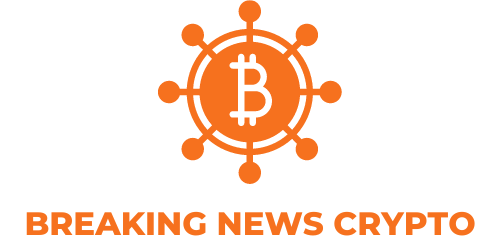DeFi lending platform Aave has successfully passed a governance proposal to eliminate excess debt in its Ethereum v2 liquidity pool’s CRV Reserve. The bad debt was the result of a failed exploit launched by Avraham Eisenberg, the hacker behind the $116 million Mango Markets exploit.
In November 2022, Eisenberg orchestrated a scheme to exploit Aave’s Ethereum v2 liquidity pool by borrowing millions of Curve Dao (CRV) tokens in order to force a short squeeze. However, due to a spike in price, Eisenberg’s positions were liquidated, resulting in a loss of $10 million and a bad debt of 2.7 million CRV for Aave.
To clear this debt, the integration lead at Aave, Marc Zeller, proposed to purchase the CRV tokens in December 2022. The proposal received a positive response from the community and was moved to the voting stage, where it was passed with 100% of the vote in its favor.
The developers deployed a swap contract to purchase the required CRV, with a budget cap of $3.1 million and a maximum price of $1.15 per CRV. The contract exchanged aUSDC from its massive holding of 5.2 million aUSDC in the Ethereum collector contract.
Interestingly, the exploit by Eisenberg had also inspired another governance proposal. On November 23, 2022, a proposal was posted on the governance forum seeking to make parameter changes on Aave V2 ETH, which would decommission the protocol’s low liquidity asset pools, such as CRV and Decentraland (MANA). This proposal was also passed with an overwhelming majority.
The successful passing of these proposals demonstrates the strength and effectiveness of Aave’s governance system in addressing and resolving potential issues. The community’s willingness to vote in favor of these proposals also highlights the trust and confidence they have in the platform’s leadership. This is a positive sign for the future growth and development of Aave as a leading DeFi lending protocol.

